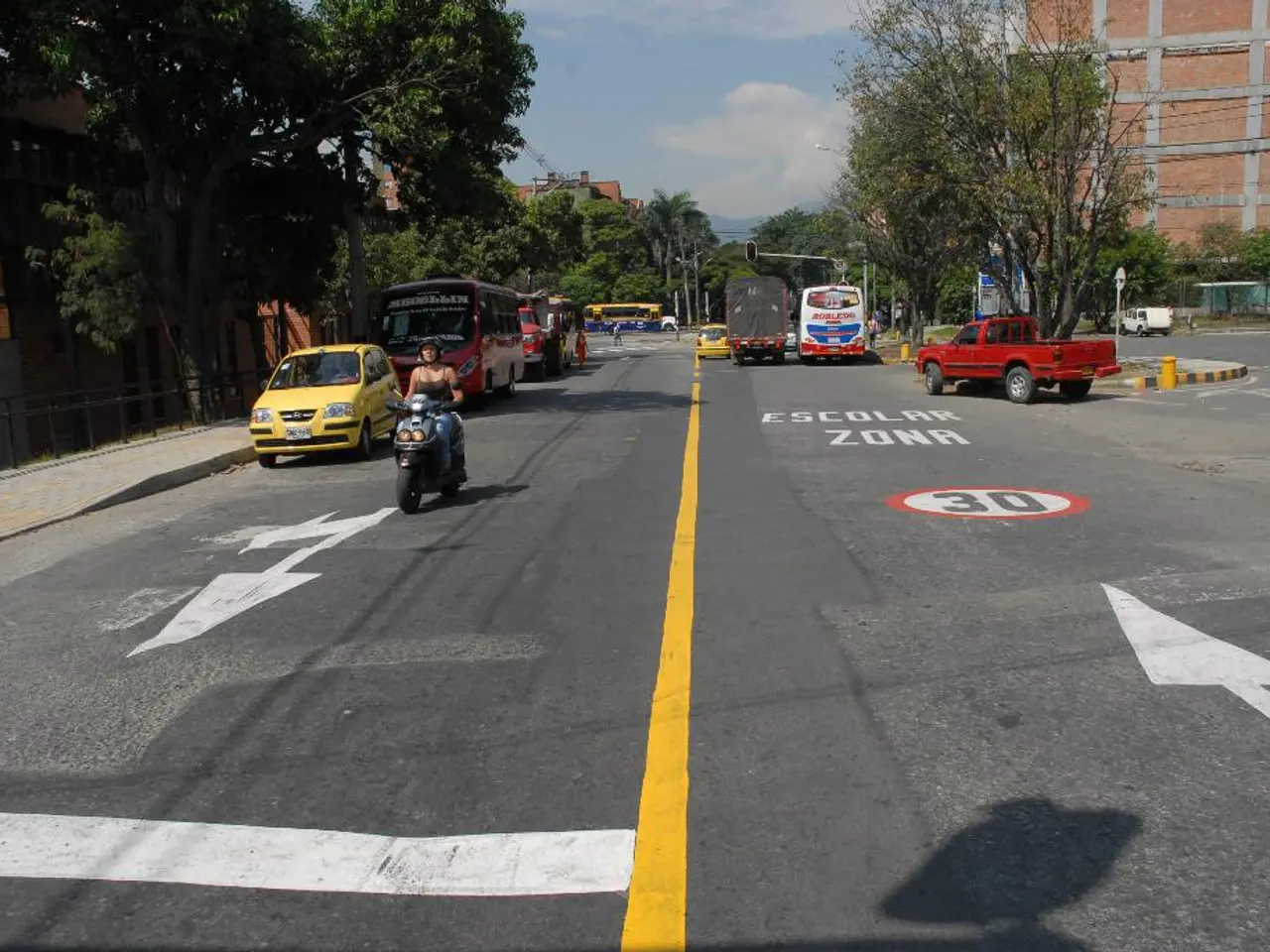U.S. Aims to Impose Taxes on Cross-border Payments Sent by Immigrants Under Proposed Policy
A 1% excise tax on certain remittance transfers, part of a tax reform bill currently being debated by House Republicans, could have significant implications for economies in Latin America that rely heavily on funds sent by migrant workers in the United States.
The tax, originally proposed at 5%, has been scaled down to 1% in the law enacted on July 4, 2025, and is set to take effect from January 1, 2026. This tax applies to all senders, including non-citizens and U.S. citizens alike.
The potential economic impacts on Latin American countries, major recipients of U.S. remittances, include a reduction in remittance inflows, increased use of informal channels, negative fiscal and social effects, and market distortions.
The reduction in remittance inflows could exacerbate poverty and reduce household consumption, thereby slowing economic growth in these countries. Shifting to informal or unregulated channels could decrease official remittance flows and increase financial system risks.
Since remittances constitute a significant share of external financing for many Latin American countries, the tax-induced reduction could strain social programs financed by these funds, reduce foreign exchange inflows, and deepen economic vulnerabilities.
Market distortions and increased cost of transfers could also result from the tax, as remittance providers may face increased paperwork and compliance costs, which could raise transfer fees.
El Salvador, one of the largest recipients of remittances, could be particularly affected. Remittances make up nearly 25% of the country's GDP. In 2022, the total amount of money transferred abroad by immigrants in the U.S. was over $150 billion.
If passed, the tax reform bill could signal a direction for GOP immigration and economic policy. However, it may face hurdles in the Senate, and bipartisan support is crucial for the bill to advance.
Critics of the proposed tax warn that it could drive money transfers underground, making them harder to trace and regulate. This could have serious implications for both the U.S. and the recipient countries.
In summary, even at a 1% rate, the tax could lead to decreased net remittance inflows, push migrants and recipients to alternative transfer methods, and adversely affect the economic stability and welfare of remittance-dependent Latin American countries.
- The tax-induced reduction in remittance inflows, as part of the policy-and-legislation of the tax reform bill, could have significant implications for the general-news concerning Latin American countries that heavily rely on funds sent by migrant workers in the United States.
- The proposed tax on remittance transfers is a key issue in the politics of the tax reform bill, as it could lead to market distortions, increased use of informal channels, and negative fiscal and social effects in recipient countries like El Salvador, potentially exploiting vulnerabilities in their economies.






